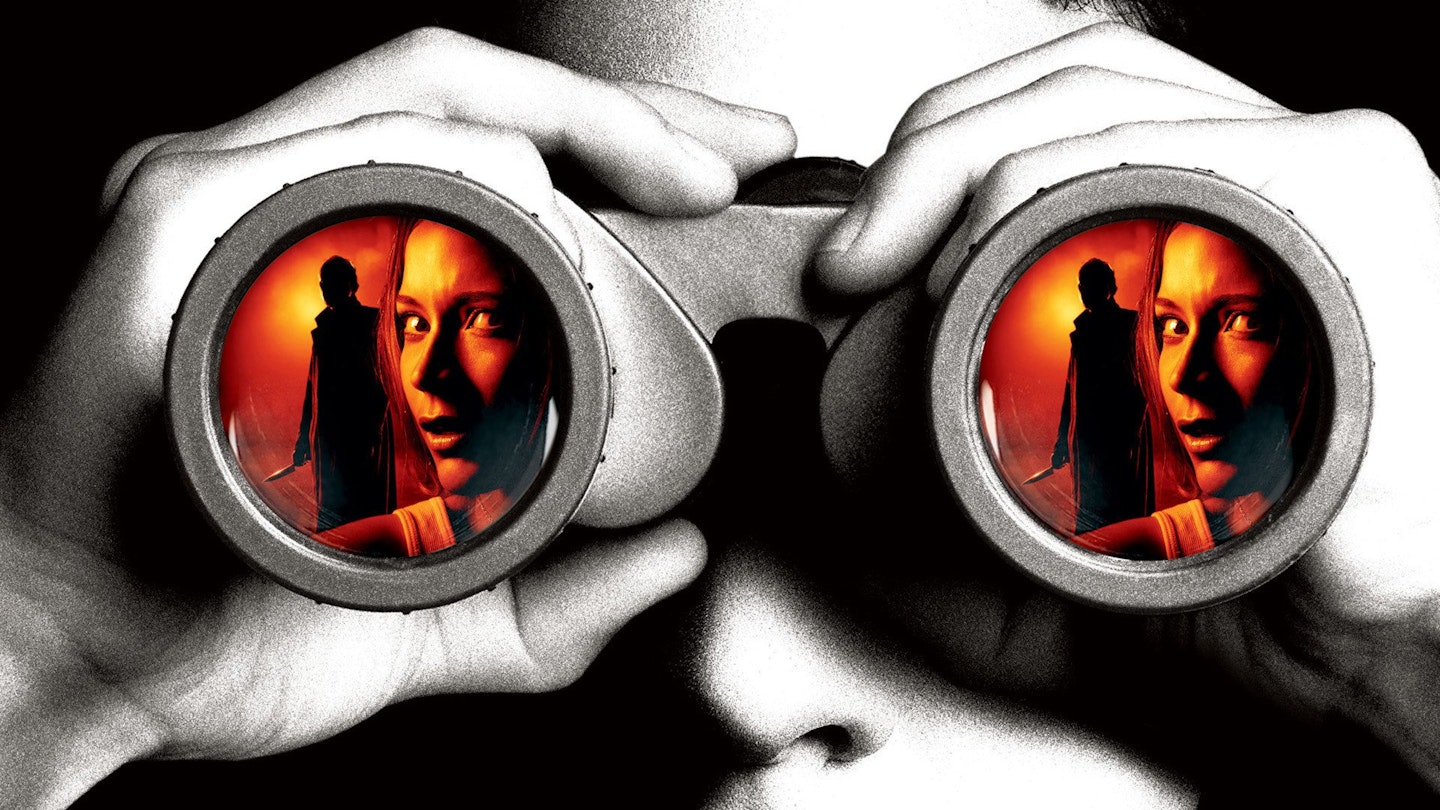Part ‘disturbed’, part ‘suburbia’ - you might expect a film with such an intriguingly hip title to follow on from Alpha Dog and Brick as yet another edgy portrait of alienated teens growing up on middle-class streets. But despite the ‘edgy’ title, Disturbia is content to be a multiplex-friendly teen thriller with a higher degree of slickness and smarts than most of its contemporaries.
Released in America during a quiet spell in April, it defied expectations to hold on to the number one spot for three weeks. A total gross of almost $80 million punches a little above its weight, but many young fans Stateside have taken it to heart. And so they should. The very idea of our young hero confined to his home for the summer holidays, unable to step beyond the boundaries of his garden because of an electronic tagging device on his ankle, is the ultimate in “you’re grounded” injustice.
However, audiences with a modicum of film knowledge will quickly realise that Disturbia is a clear, if uncredited, remake of Rear Window. For the most part, the parallels are cleverly done. Shia LaBeouf is the ASBO equivalent of James Stewart, his tag and court order as itchy and restrictive as Stewart’s plaster cast and wheelchair. David Morse takes on the Raymond Burr role, the loner-neighbour who might just have murdered a girl in his apartment and who is now making moves on Carrie-Anne Moss, who plays LaBeouf’s widowed mother.
When it comes to teasing out suspense, director D. J. Caruso is certainly no Hitchcock (but who is?) - occasionally letting his tension slacken too quickly and making a disappointing turn into horror staples in the final act. But he easily improves on his previous movies - the so-so The Salton Sea and dismal Taking Lives - and ticks his film along at a pace that won’t give even ADD-addled teen minds time to wander. His tone has more in common with such ’80s thriller-comedies as The ’Burbs or even a slightly more grown-up Goonies, than Hitchcock’s elegant nerve-twisting.
Caruso’s greatest skill is in allowing his leading man plenty of room to show why he’s leapt to the top of every casting director’s wish-list, despite possessing the kind of face more suited to having sand kicked at it than gracing movie posters. Since Holes in 2003, LaBeouf has been an actor on the rise and, if he can balance the blockbusters (Transformers proved he has the charisma to carry any franchise you might choose) with challenging roles in the likes of A Guide To Recognizing Your Saints, he’ll be the next in line to fill the space vacated by Tobey Maguire, Elijah Wood and, more recently, Jake Gyllenhaal.
His engaging performance carries Disturbia and his Hanks-esque appeal papers over many of the script’s wider cracks. Sarah Roemer is simply a standard love interest, while Aaron Yoo is a cardboard cut-out as Kale’s comic-relief buddy, but LaBeouf is the rare actor who can turn clunky lines into smooth patter. Without him, Disturbia would be a largely predictable, workmanlike thriller, but his charm makes it the kind of teen movie even the post-pubescent will get a kick out of.



